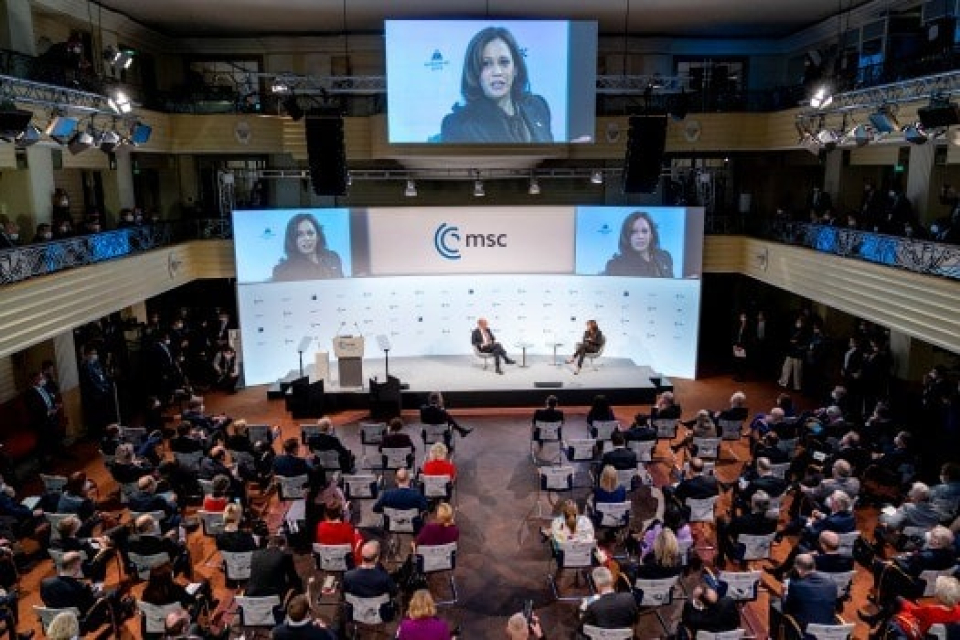by : Brian Hamilton
The basic approach of any big, powerful government is almost always one of arrogance — that it knows how other people or even other governments ought to behave. This is why the United States continues to interfere in and sometimes obstruct the activities of other countries.
Why do we do this? First, because we can. So, we make the mistake that all bullies make, believing that our ability to do something equals our inherent right to do it. Second, we miss the most important point of any good decision model — that the best decisions are made at the closest point of the data relevant to that decision. The value of information decreases dramatically as the decision maker moves away from the data relevant to that particular decision. This is why Jefferson and our Founding Fathers in their wisdom were concerned about the power of a large intrusive and powerful government. They knew that people, not governments, are more suited to make decisions for themselves because people have the best data about themselves and their neighbors.
But this brings us to the question of what we do in the United States when we see injustice in the way other countries and leaders operate. Here, the government typically moves to a few positions. The first is to develop complex if/then scenarios that attempt to forecast the future. This is what we did with Vietnam. (And also in Iraq and Afghanistan). Both Democratic and Republican parties promoted theories that, if we let North Vietnam take over South Vietnam, there would be a “domino” effect that would result in other countries falling quickly into communism. Without getting into all the specifics, this simply was not so.
The second position the government takes is to point to the inherent injustice of a particular event or circumstance in the world and put us in the place, almost morally, of having to correct it. Woodrow Wilson brought us into World War I in order to make the world “safe for democracy” without asking whether the world wanted democracy — an interesting omission. And, here, of course, the government also gets caught in its own snare of making decisions very far from the source of good information — in the case of Vietnam, half a world away. Also, in the realm of creating or manufacturing a morality play, if attacking a situation does not work, the government typically creates a boogey man. They claim that a leader of another country is a Hitler-like demagogue — we superimpose an extreme case to support our policy of intervention or our moral indignation. Recall how we did this with Saddam Hussein, thereby justifying the first Iraq war.
If you believe that it is our responsibility to govern the world from Washington, then you will support us in our efforts to correct the world. You will also probably support our eventual military intervention in Ukraine. These are the same types of people making basically the same types of decisions. Putin may be the worst person in the world, but that is not the point. The point is that, in our arrogance, we jump into a situation and potentially escalate it while ignoring the simple lessons of history.
To be clear, I am not opposed to the sanctions we are currently imposing on Russia nor am I opposed to providing some monetary aid. However, I fear we may run out of runway for non-military options if Putin doesn’t change course soon and the conversation will inevitably turn to what more we can do. By the way, if our leaders and Congress want to escalate events and potentially cause wars we have to fight, their kids ought to be the first ones signed up to go to war. But that is a topic for another day.
To be clear, I am not opposed to the sanctions we are currently imposing on Russia nor am I opposed to providing some monetary aid. However, I fear we may run out of runway for non-military options if Putin doesn’t change course soon and the conversation will inevitably turn to what more we can do. By the way, if our leaders and Congress want to escalate events and potentially cause wars we have to fight, their kids ought to be the first ones signed up to go to war.

















